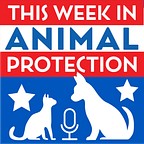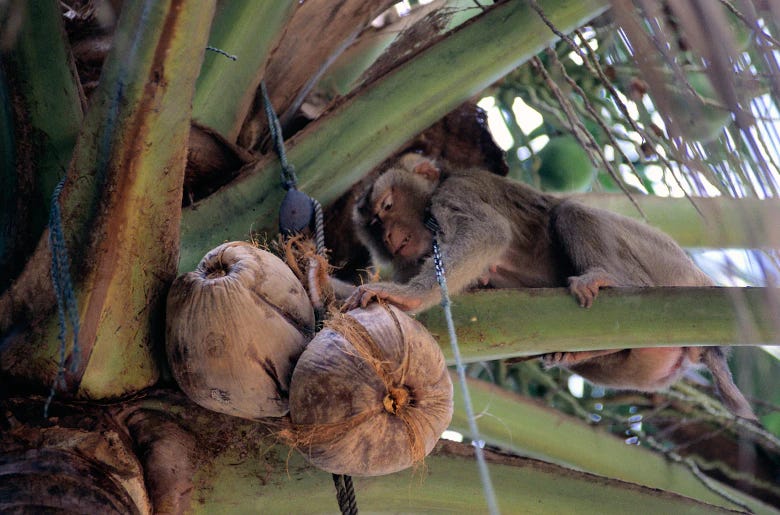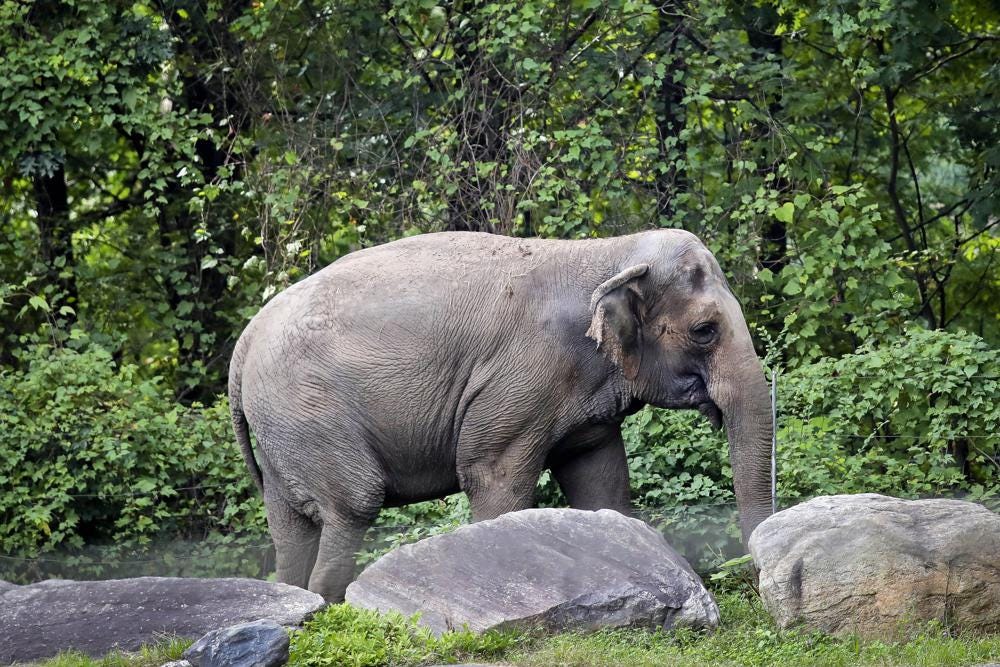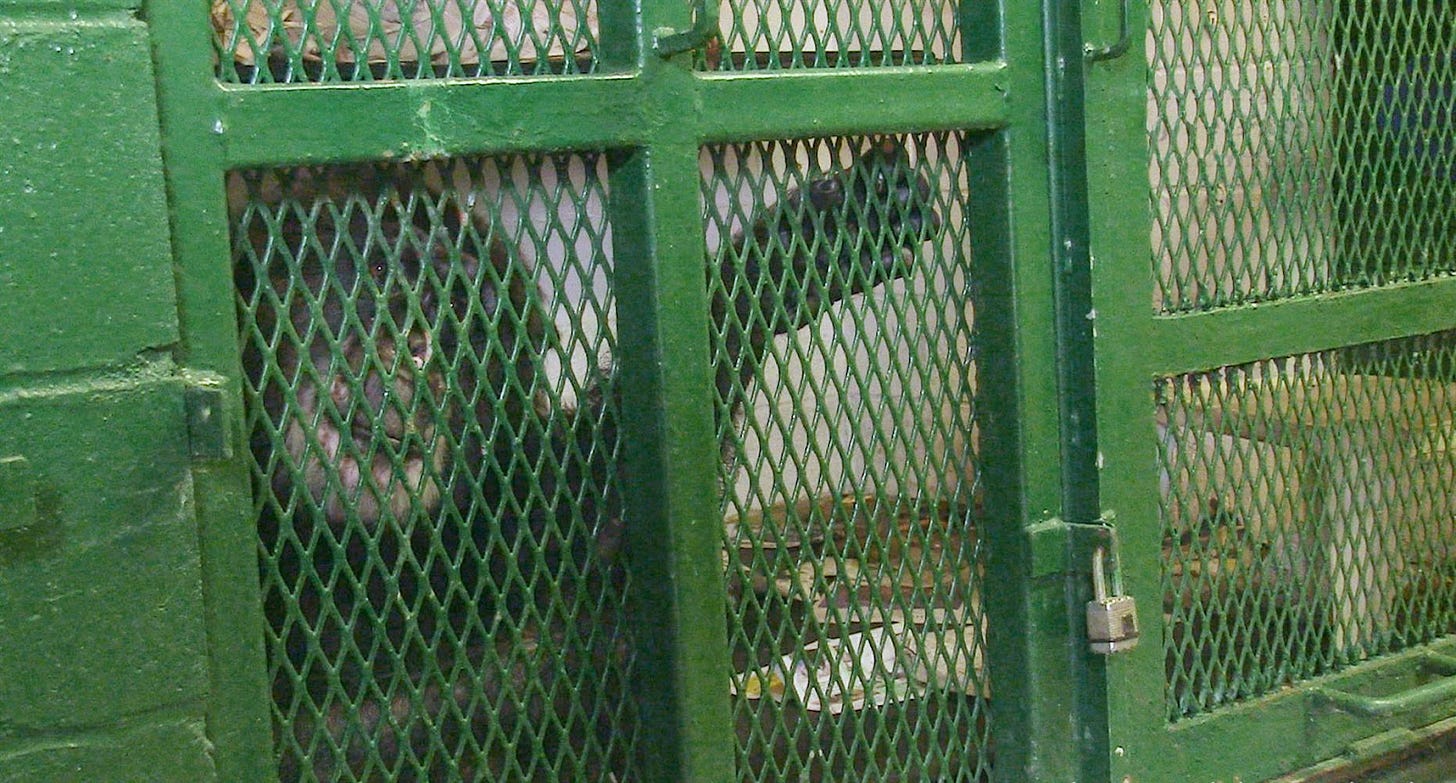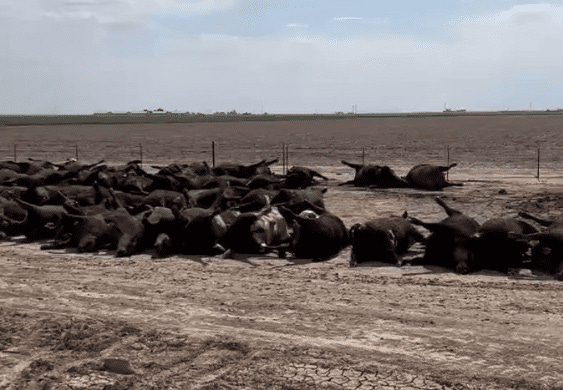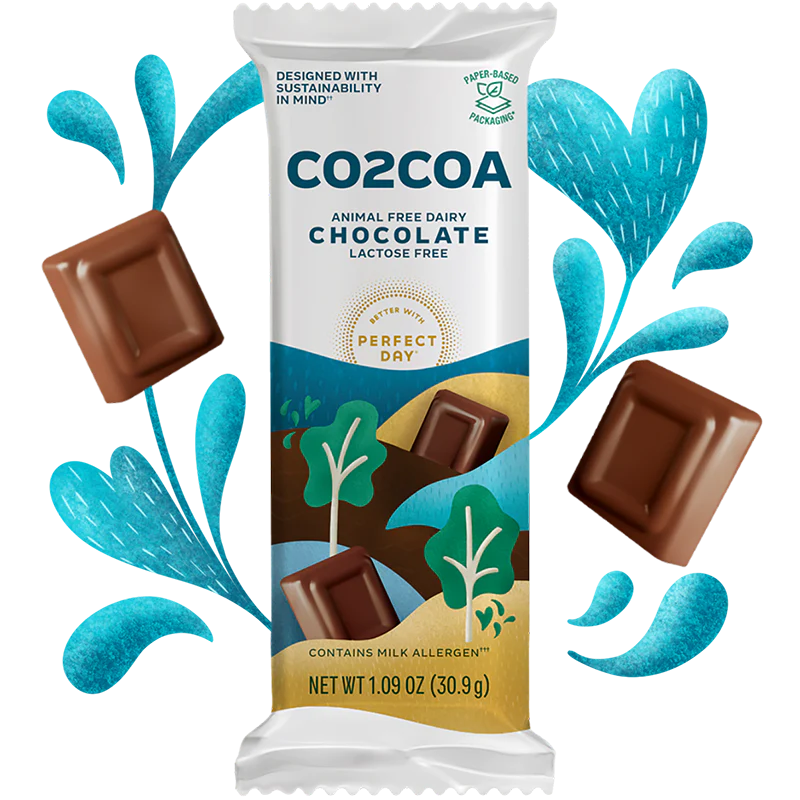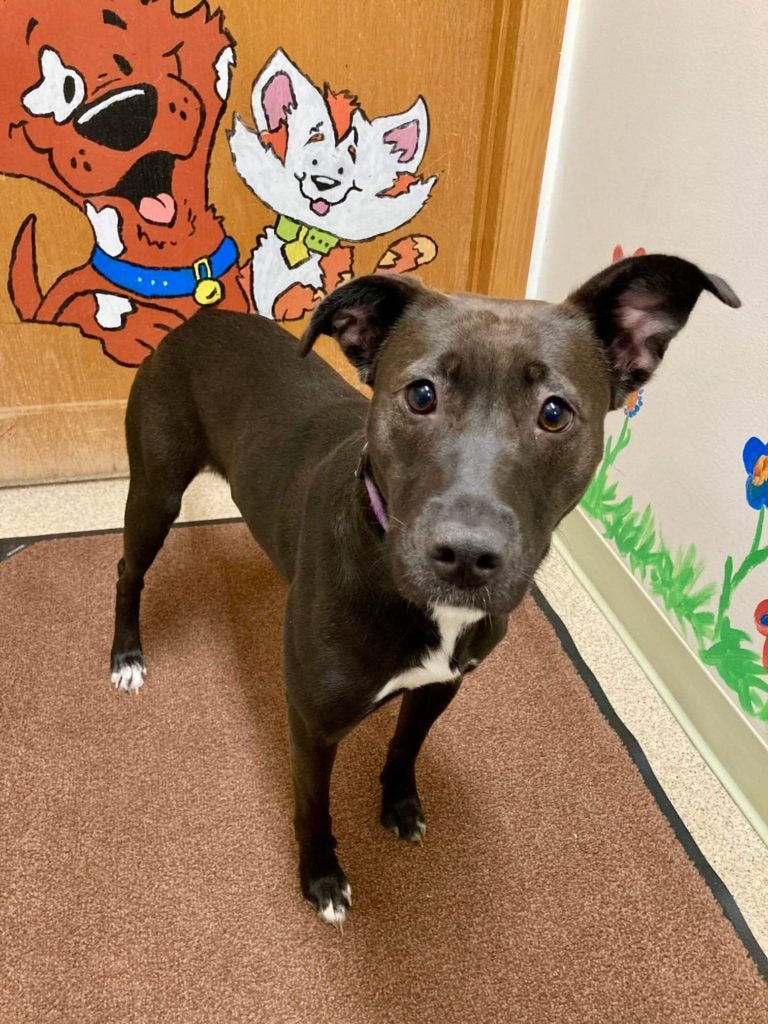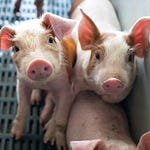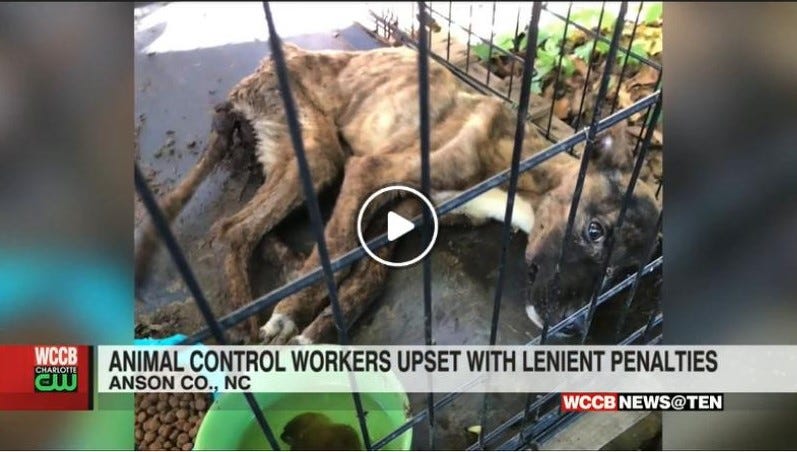
These are some of the stories making headlines in animal protection:
Subscribers can also listen to the podcast above, which includes extended commentary on many of the issues, including why legislation is needed to appoint attorney advocates to represent animals in cruelty cases, how the legal system views cows, elephants, and monkeys, and why conservation is not about saving birds, it is about harming cats.
“Walmart has dropped a major coconut milk brand after allegations of forced monkey labor surfaced.” The chain “no longer sells Chaokoh — one of Thailand’s most popular coconut milk brands — in stores and online. It joins other retailers including Target, Costco, and Kroger among others in removing the brand from its shelves.”
As reported previously, agile and adept climbers, pig-tailed macaques are acquired as infants by poachers who trap them or kill their mothers. They are then chained at the neck and trained to climb trees and pick coconuts in Thailand, Indonesia, and Malaysia. They are beaten regularly, worked to exhaustion, fed non-nutritious food, and deprived of socialization with their kind. They have PTSD and frequently engage in self-mutilating behavior. When they age and slow down — outliving their usefulness and suffering from mental illness, missing teeth, and unable to forage for food or protect themselves from predators — they are left in the wild to die. It is, in a word, slavery.
“Is an elephant legally a person?”
In a case before New York’s highest court, attorneys for Happy, “contend[ed] that she is so autonomous and intelligent that she has a right to bodily liberty.” Plaintiffs also made “a practical argument: Happy is not, in fact, happy in captivity.” They sought “to move her from the zoo, where she has lived since 1977, to one of the country’s two elephant sanctuaries where, the advocates say, she would have more space and interaction with other elephants.”
This week, the Court ruled that she is not a person and is not entitled to be released from confinement. The Court argued that allowing Happy to challenge her incarceration “would have an enormous destabilizing impact on modern society.”
The 5-2 ruling resulted in a sharp rebuke by the dissenting judges who challenged the “sky is falling” rationale by the majority. Happy, they wrote, is being held in “an environment that is unnatural to her and that does not allow her to live her life.”
“Her captivity is inherently unjust and inhumane. It is an affront to a civilized society, and every day she remains a captive — a spectacle for humans — we, too, are diminished.”
The dissent is reminiscent of a prior New York lawsuit in a case stemming from the imprisonment of two chimpanzees held in isolation without socialization. That court likewise ruled in that case that the chimps were not legal persons and entitled to release. But again, there was a stinging rebuke by the dissenting judges:
The reliance on a paradigm that determines entitlement to a court decision based on whether the party is considered a ‘person’ or relegated to the category of a ‘thing' amounts to a refusal to confront a manifest injustice. Whether a being has the right to seek freedom from confinement through the writ of habeas corpus should not be treated as a simple either/or proposition. The evolving nature of life makes clear that chimpanzees and humans exist on a continuum of living beings. Chimpanzees share at least 96% of their DNA with humans. They are autonomous, intelligent creatures. To solve this dilemma, we have to recognize its complexity and confront it.
The issue whether a nonhuman animal has a fundamental right to liberty… speaks to our relationship with all the life around us. Ultimately, we will not be able to ignore it. While it may be arguable that a chimpanzee is not a ‘person,’ there is no doubt that it is not merely a thing.
Sadly, but predictably, U.S. courts have not yet agreed. But someday, they will. And while I believe that when they do, the sky will be in no danger of falling, it shouldn’t make a difference even if it did. In an 18th Century anti-slavery case, a British judge issued one of the most famous and celebrated maxims in legal jurisprudence when it ruled that a court’s duty, first and foremost, was to ameliorate manifest injustice regardless of consequences: Fīat jūstitia ruat cælum.
“Let justice be done though the heavens fall.”
Thousands of cows in Kansas have died as a result of intense heat. No cruelty charges will be filed for failure to protect them, as they rightly would if they were dogs because they are considered “things,” not animals. Indeed, reports about the deaths focus on the economic loss “to a producer, to cattle feeder, to a rancher,” rather than the loss of life to the cows.
This is a tragic bias since cows, like people, are gregarious, fond of each other, and talkative. Studies show that “Cows ‘talk’ to one another” which “helps them to maintain contact with the herd and express excitement, arousal, engagement or distress.”
Their voices are individualized and recognizable to each other. Individual moms can identify their calves and vice-versa. And cow friends can identify each other’s voices. They also have “very distinct personalities.” There are loud and quiet cows, shy cows, and chatty cows. None of this should be surprising.
Since the cow has similar brain architecture to a human for the experience of joy, pain, and even social bonds, they experience things much as we do. So it should also be no surprise that they express happiness when they experience something positive (e.g., when food is offered) and they express distress when they are subjected to psychological or physical pain (e.g., when they are separated from their calves, isolated, or suffer some other harm). They not only tell each other, but they also try to tell us.
We’ve just chosen to ignore them because it is easier to do so, given what we do to them.
Candy giant Mars — makers of Snickers and Milky Way — has released a new vegan chocolate bar. “Working closely with food technology company Perfect Day, Mars developed the CO2COA's debut chocolate bar using an animal-free whey protein developed to completely replace traditional whey without the need for animal agriculture. Mars claims that the new chocolate bar will rival its popular products.”
As noted in an earlier podcast, a new report shows the vegan chocolate confectionery market is growing at 15% per year. That is likely to continue and even accelerate as consumers are demanding humane, plant-based products, and companies like Mars and Hershey are delivering. Driving the growth are concerns about animal welfare, the adverse health effects of an animal-based diet, and the environmental impact of dairy-based products on climate change.
CO2COA is available online and in stores.
(The All American Vegan Candy Cookbook has unofficial but delicious veganized versions of America’s most popular candies, including Snickers, Reese’s Peanut Butter Cups, Milk Duds, Twix, and more.)
As more people turn to rescue and adoption and more shelters embrace progressive policies, the number of communities placing over 95% and as high as 99% of the animals is increasing:
Gogebic County, MI, reported a 100% placement rate for dogs and 95% for cats.

